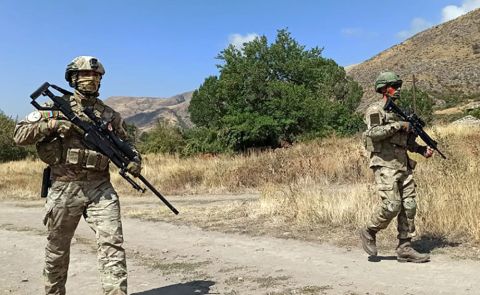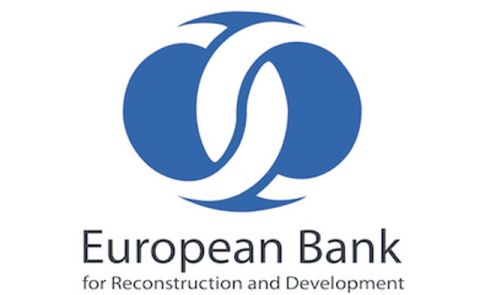
Social turmoil in Georgia after reports of child abuse in Church orphanage
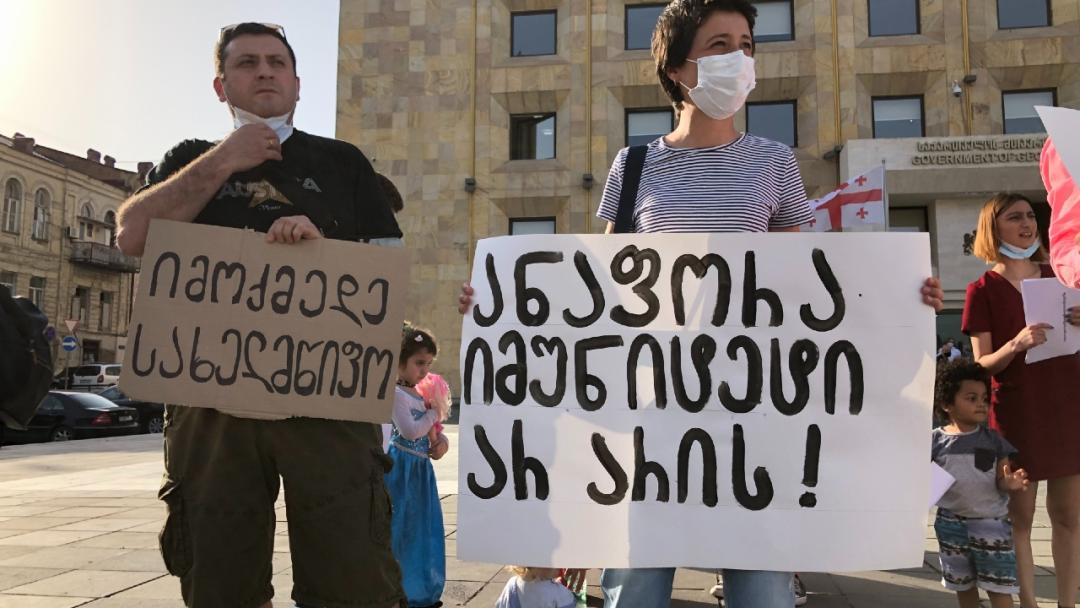
On 4 June, Georgia’s Ministry of Internal Affairs (MIA) launched an investigation on possible crimes committed against children at St. Nino Boarding School.
“Herewith, the Ministry of Internal Affairs would like to inform the public regarding the ongoing investigation conducted by the Ministry of Internal Affairs, related to possible crimes committed against children. Beginning from 2016, 4 cases are under investigation in connection with the mentioned boarding school. In two cases, the investigation was launched based on a written statement received from the Public Defender’s Office, while in other cases the investigative procedures were initiated upon the request of LEPL Agency for State Care and Assistance for the (Statutory) Victims of the Human Trafficking,” said the MIA statement.
A day earlier, Georgia’s Public Defender Nino Lomjaria requested information from the prosecutor’s office on four criminal cases of alleged child abuse in Ninotsminda orphanage in 2016-2021. Three cases concerned alleged violence (Article 126 of the Criminal Code) and one case concerns alleged rape (Article 137 of the Criminal Code). The Patriarchate also requested from the MIA to make the details of the investigation public.
On 1 June, a protest was held in front of the Chancellery of the Government of Georgia, where about 100 people demanded that the conditions within the Ninotsminda Orphanage, a closed religious boarding house, be investigated and made public.
Neither the Public Defender of Georgia nor the Public Defender’s monitoring group were allowed to meet with the children staying at the orphanage. The doors of the Ninotsminda boarding house, which is subordinate to the Patriarchate, have been, with rare exceptions, completely hidden from public scrutiny for years, despite reports of dire conditions in the orphanage. According to the reports, there are 57 minors under the age of 18 living and studying in the boarding school, with the youngest only five years old.
A social worker was last admitted to the Ninotsminda Orphanage in June 2020. Since then, almost no one has been allowed to enter without the permission of Reverend Spiridon, the Metropolitan of Skhalta and the head of the orphanage. The cleric said that he opposes any visits to the orphanage from the Public Defender’s Office, because the Public Defender supports same-sex marriage. Recently it became known that representatives of the Georgian pro-Russian Altinfo media outlet and several other organisations were admitted to the Ninotsminda boarding house, and Bishop Seraphim Jojua, who was accused of sexually abusing a minor in 2017, held a service in the boarding school on 1 June.
The State Agency for Care and Assistance of Victims of Trafficking said that 6 children from the Ninotsminda orphanage have already been transferred to “another form of care,” while work is underway to transfer 10 more juveniles. “After the childcare service was given the opportunity to enter the Ninotsminda orphanage and carry out its activities, 6 juveniles expressed their desire to leave the institution. In their best interests, the agency responded appropriately and has already secured their transfer to another form of care. Intensive work is currently underway, up to 10 more children have been identified and are being transferred,” the statement highlighted.
In 2015, Georgia's then–Public Defender, Ucha Nanuashvili, published a report describing a harsh punishment regime at the orphanage, including the denial of food, prohibition from leaving one’s room, and forcing children to “walk on their knees in the corridor with their hands or their heads, in front of their peers.” A 2017 report also mentioned the use of “Metanoia” to punish children.
See Also

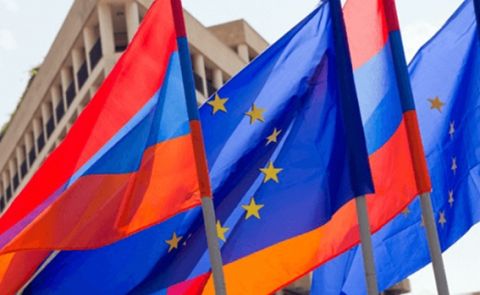
Pashinyan and Mirzoyan Hold Separate Meetings with European Leaders to Focus on Armenia’s EU Integration, Human Rights Progress, and Regional Developments
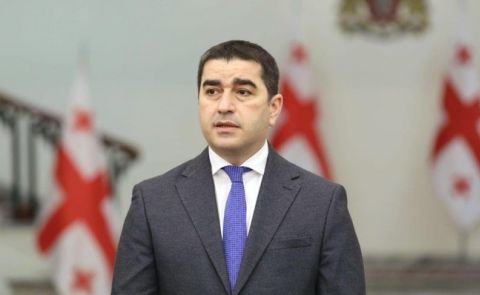
Georgian Parliament Speaker Participates in EU Parliamentary Conference, Engages in High-Level Bilateral Talks
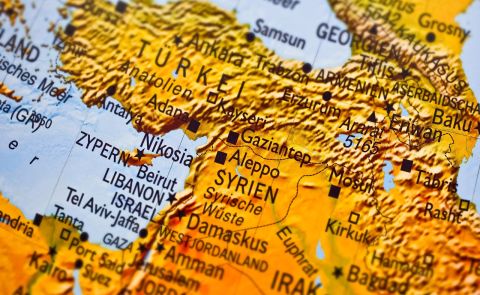
Separatist Abkhazia and Syria Discuss Strengthening Academic Ties, Potential Agreement Between Universities
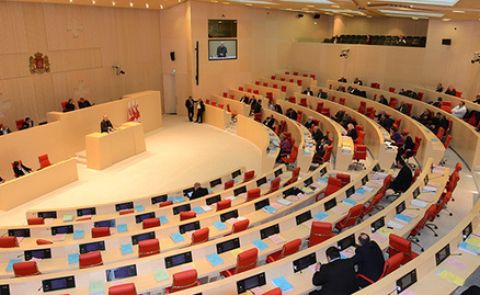
Georgia Announces Legislative Changes Targeting Foreign Nationals in Anti-Government Protests
